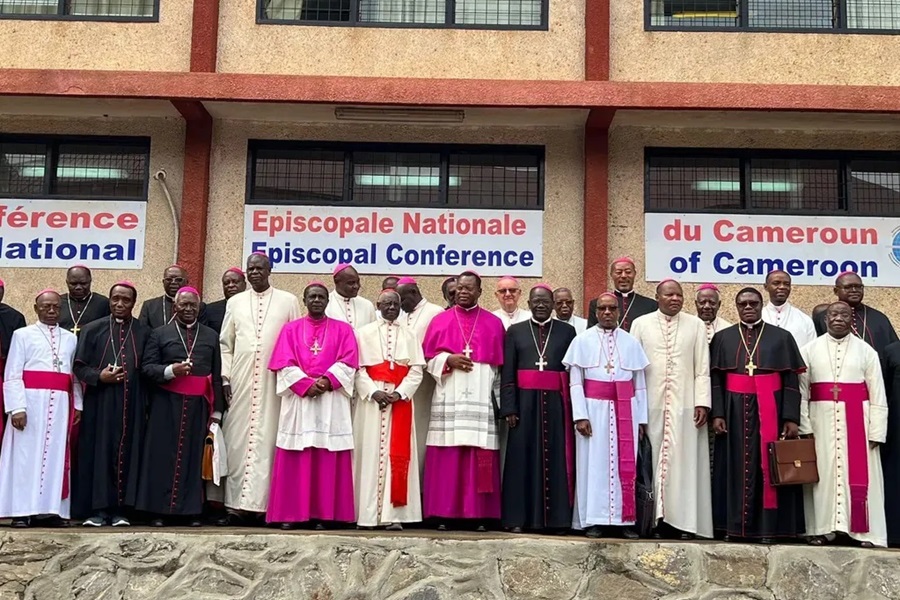LATINA AMERICA – From the health to the economic emergency: 37% of the population will be in poverty because of Covid-19
In the framework of the OECD-LAC Virtual Social Inclusion Ministerial Summit, Alicia Bárcena, ECLAC’s Executive Secretary, called for promoting universal, redistributive and solidarity-based social policies to confront the crisis.
“Latin America and the Caribbean urgently needs to take action on a new social compact, a political instrument based on a broad and participatory dialogue that would arrive at agreements and consensuses to face the present contingency and rethink the reactivation in the wake of the COVID-19 pandemic”, said Alicia Bárcena.
During her presentation, Alicia Bárcena underscored that Latin America and the Caribbean is facing a civilizing crossroads and an exceptional time for rethinking and addressing the future with strengthened roles for the State, the market and society.
” In 2020, poverty in Latin America is seen rising by 7.1 percentage points (45.4 million more people) compared with the previous year, taking the total number of people living in poverty to 230.9 million (37.3% of the region’s population). Extreme poverty is expected to rise by 4.5 percentage points (an additional 28.5 million people), affecting in all 96.2 million people (15.5% of the population) who will not be able to meet their basic food needs”, she said during her speech.
“This will require emergency liquidity assistance, special drawing rights, trade exemptions, a debt service standstill, humanitarian aid. This proposal dovetails with the strategy of the Secretary-General, António Guterres, who, along with Jamaica and Canada, is calling for expanding instruments of financing and looking at the sustainability of debt in countries like the Caribbean that do not have the financial wherewithal to tap markets”.
Finally, Alicia Bárcena highlighted that deepening regional integration must be an essential component of any strategy to emerge from the crisis. This entails strengthening our own production linkages and promoting intraregional trade, she concluded. (CE) (Agenzia Fides, 23/7/2020)






